A pervasive sense of suspicion and hostility is gripping France's Muslim community, as prominent figures and everyday citizens alike find themselves increasingly targeted by accusations of radicalism and disloyalty. The issue, which many describe as being treated as "the enemy within," has been brought to the forefront by a series of high-profile incidents involving journalists, athletes, and influencers.
One of the most notable cases involves journalist and activist Rokhaya Diallo, who has faced persistent accusations linking her to Islamist violence. Diallo recounts a harrowing experience following the 2015 Charlie Hebdo massacre, where she was asked on a major radio station to "dissociate" herself from the attackers. The request, she explained, reduced her to a "racist perception of my identity," forcing her to publicly profess her innocence.
The scrutiny intensified when philosopher Pascal Bruckner accused Diallo on a TV debate of having "blood on her hands" and of "inciting hatred against Charlie Hebdo." The accusation stemmed from a 2011 joint statement Diallo had signed, which criticized the selective media outrage over a fire at the magazine's premises while arson attacks on Muslim places of worship and a building inhabited by Roma people went largely ignored.
Diallo's defamation lawsuit against Bruckner, which was ultimately dismissed on appeal on the grounds of "good faith," became another flashpoint. The conservative daily Le Figaro published an article on the eve of the trial, alleging that "anti-racist activists like Rokhaya Diallo are multiplying lawsuits to silence critics of Islamism," framing her legal action as a "jihadist political plot."
This pattern of suspicion extends to other public figures. When footballer Karim Benzema voiced support for the people of Gaza in October 2023, then-interior minister Gérald Darmanin publicly declared, without providing evidence, that the player had "well-known ties to the Muslim Brotherhood."
This type of rhetoric has been fueled by official government reports and statements. A May report commissioned by the interior ministry into the Muslim Brotherhood, while concluding that there was no evidence of an intent to establish an Islamic state or enforce Sharia law in France, still fueled alarmist narratives. The report, which estimated the number of Brotherhood members in France to be between 400 and 1,000, was used by Bruno Retailleau, the current interior minister, to claim the existence of a "quiet form of Islamist infiltration."
For many French Muslims, this creates an impossible paradox. As socio-anthropologist Hamza Esmili notes, they are blamed for both being a part of the national community and for remaining outside of it. The government has used laws to fight against "separatism," while simultaneously denouncing "infiltration," leaving Muslims in a position where they "can't win."
This environment of suspicion affects even those who do not openly identify as Muslim. When fashion influencer Léna Situations, who has Algerian heritage, wore a headscarf on the red carpet at the Cannes film festival, a senior official in Emmanuel Macron’s party suggested it was a form of religious "infiltration," despite her never mentioning her religion.
The rising tensions have been linked to a documented increase in Islamophobic crimes. In one tragic case, hairdresser Hichem Miraoui was killed in June in what investigators are treating as a racially motivated act of domestic terrorism. The alleged perpetrator, a neighbor, had posted racist rhetoric on social media, accusing the French state of being "incapable of protecting us from Muslims."
Elyamine Settoul, a political scientist specializing in jihadism, testified in Diallo's legal case that terrorists are radicalized through direct contacts, not intellectual debates. Similarly, expert Nicolas Hénin, a former Islamic State hostage, testified that Diallo's name appeared in neither legal proceedings nor research on the January 2015 attack, and that the "jihadist sphere holds nothing but contempt" for her "multicultural progressivism."
The article states that the “yellow peril” once attributed to East Asians, or the “cosmopolitanist” trope used against Jews, is now being used against Muslims. The image of a foreign group secretly infiltrating France's circles of influence is a "sadly familiar strain of dangerous racist rhetoric." The ongoing events highlight a deep-seated struggle for French Muslims to be seen as loyal citizens without having to abandon their cultural and religious identity.
_3.jpg)
_4.jpg)
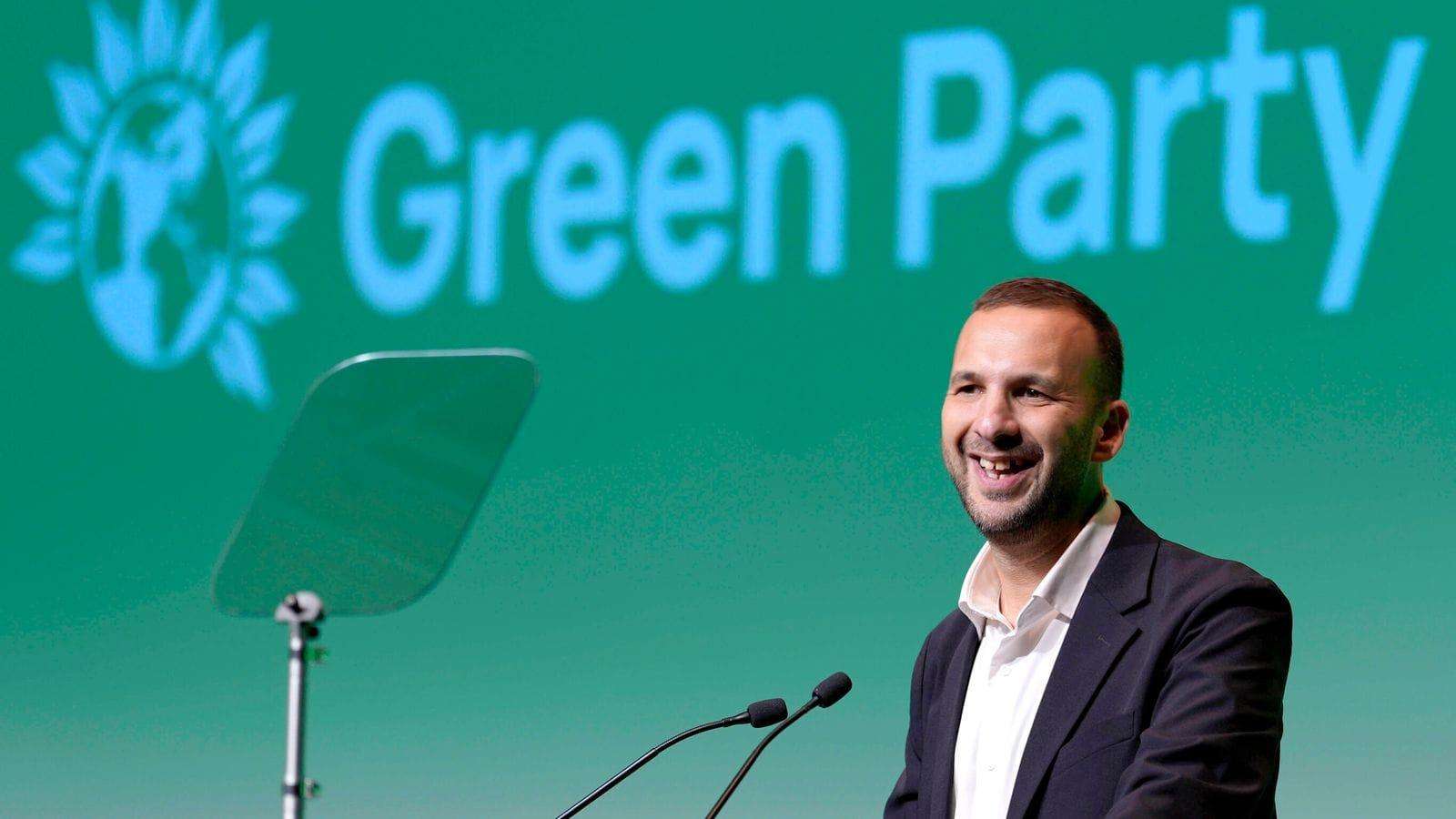

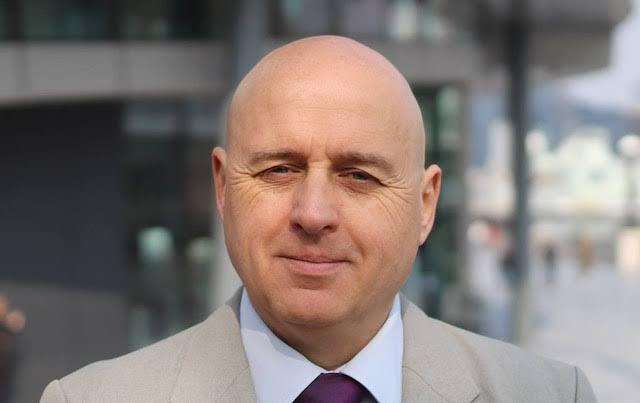


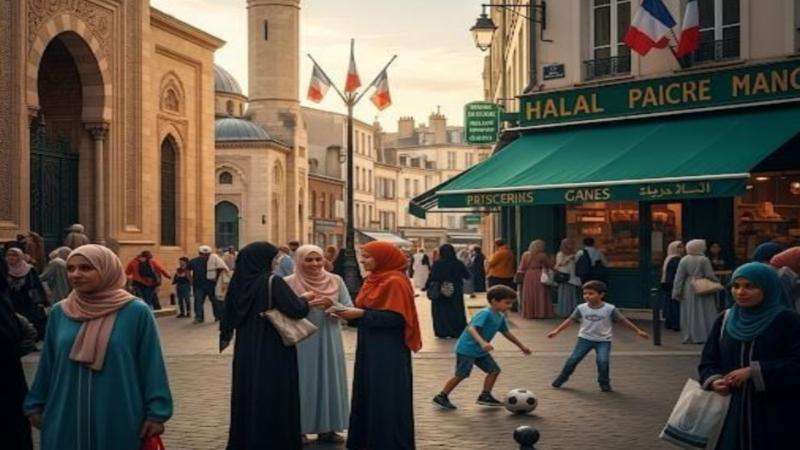
.svg)

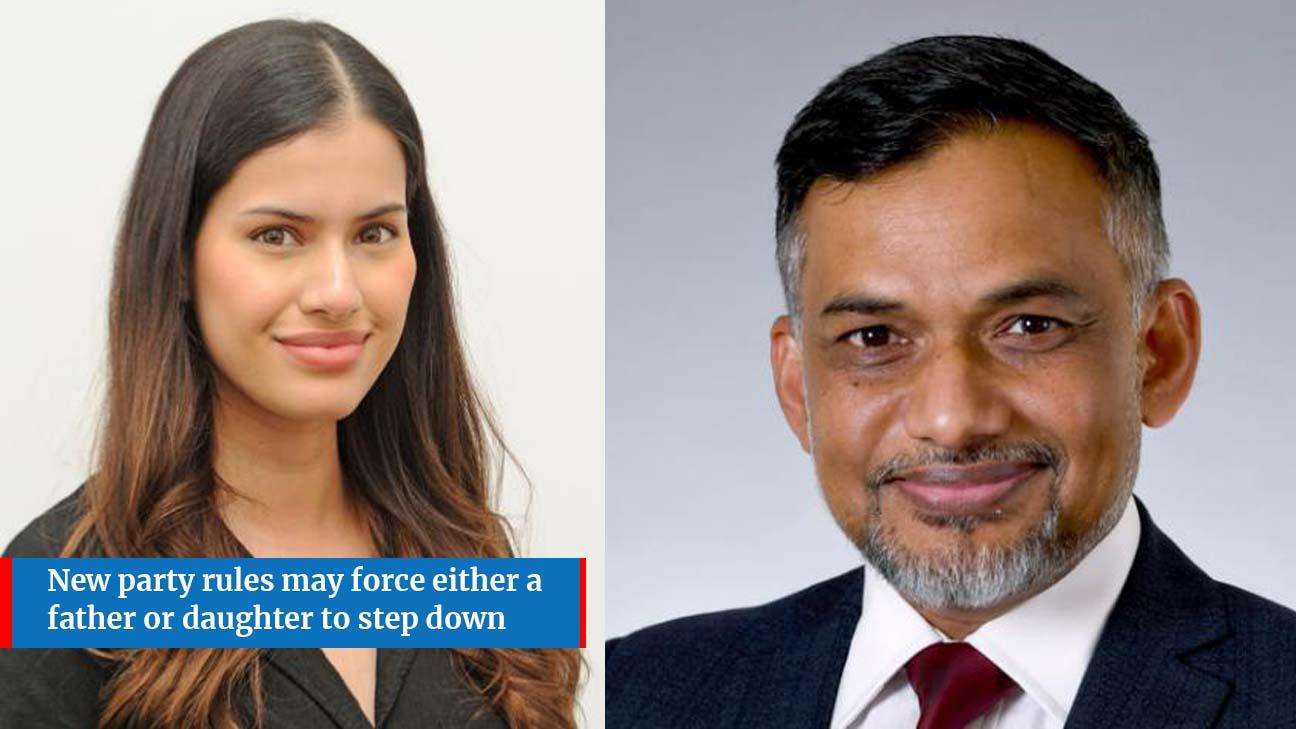
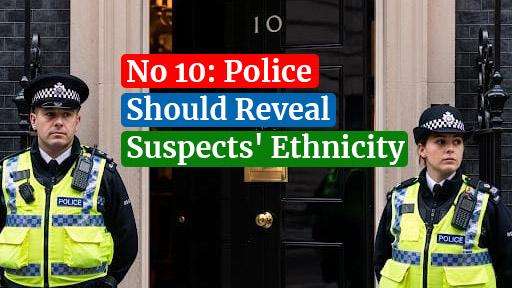
_1.jpg)